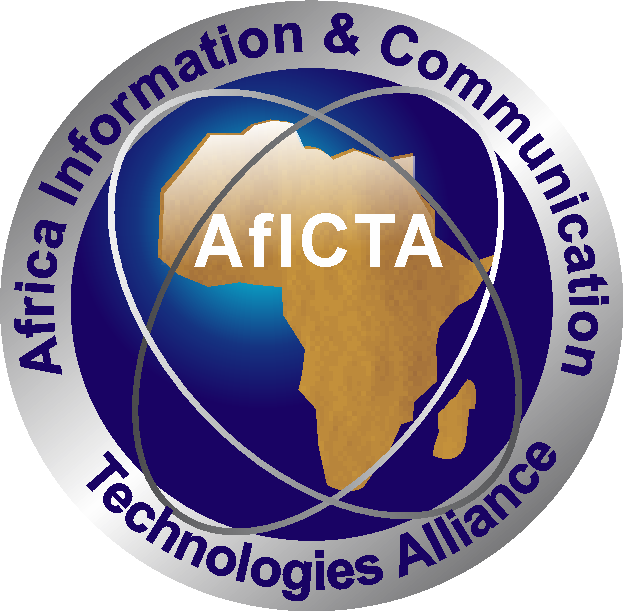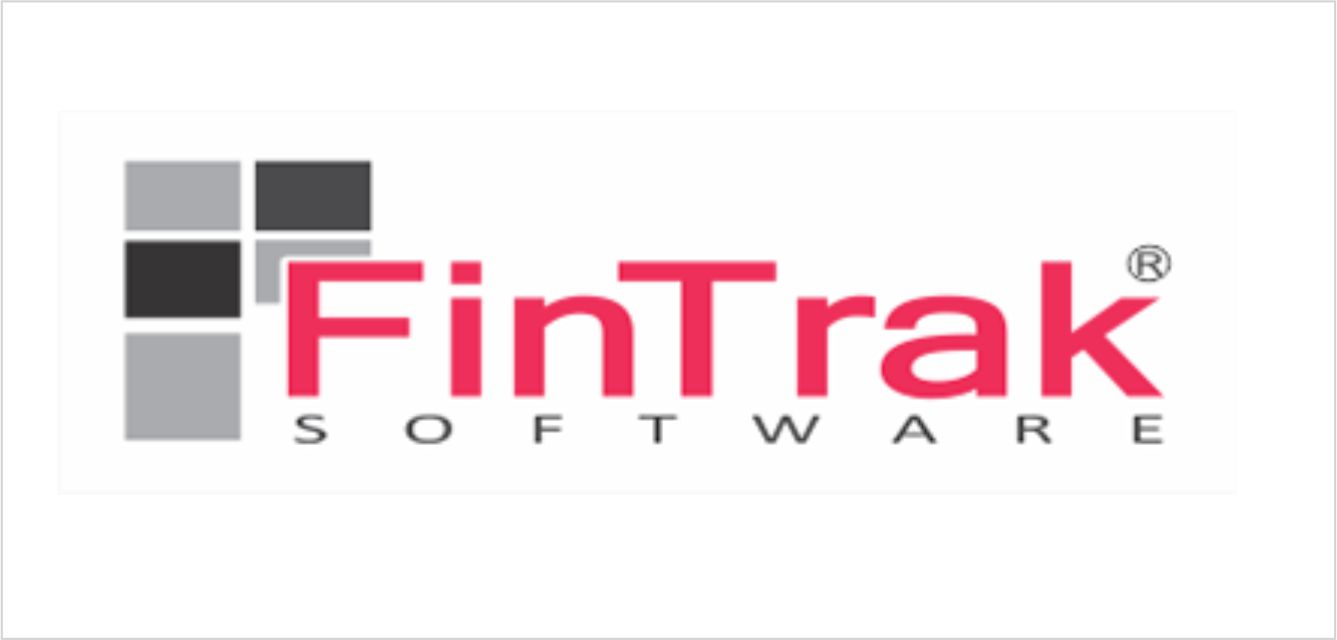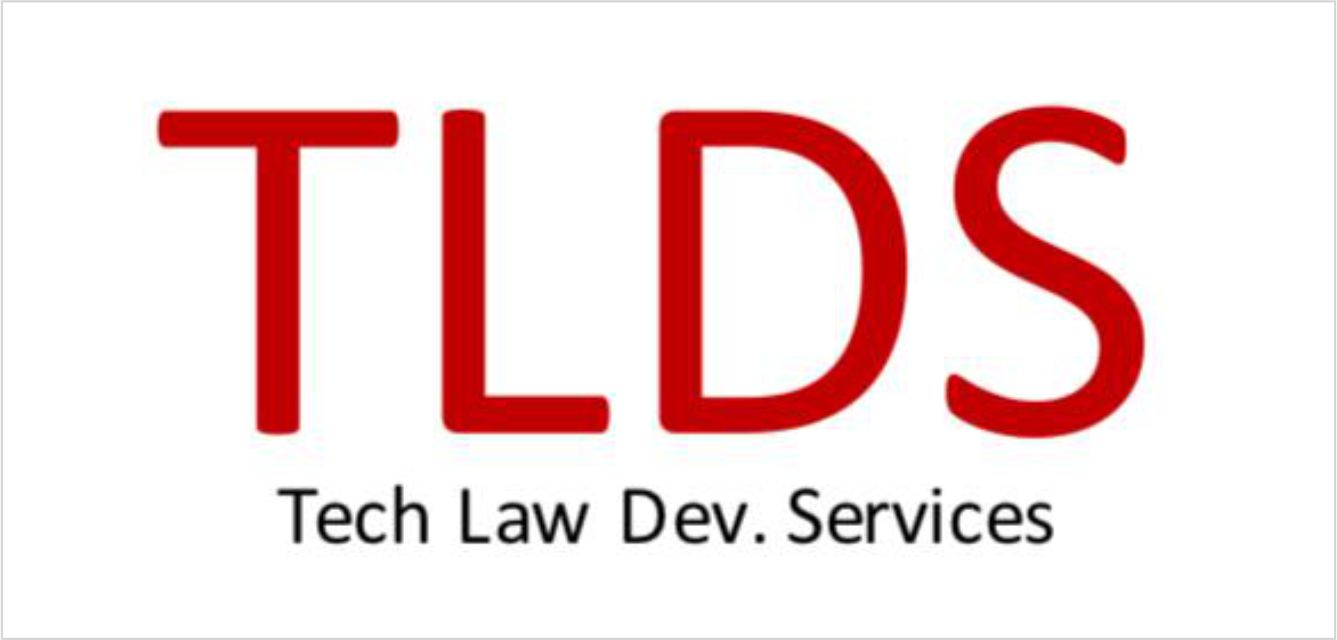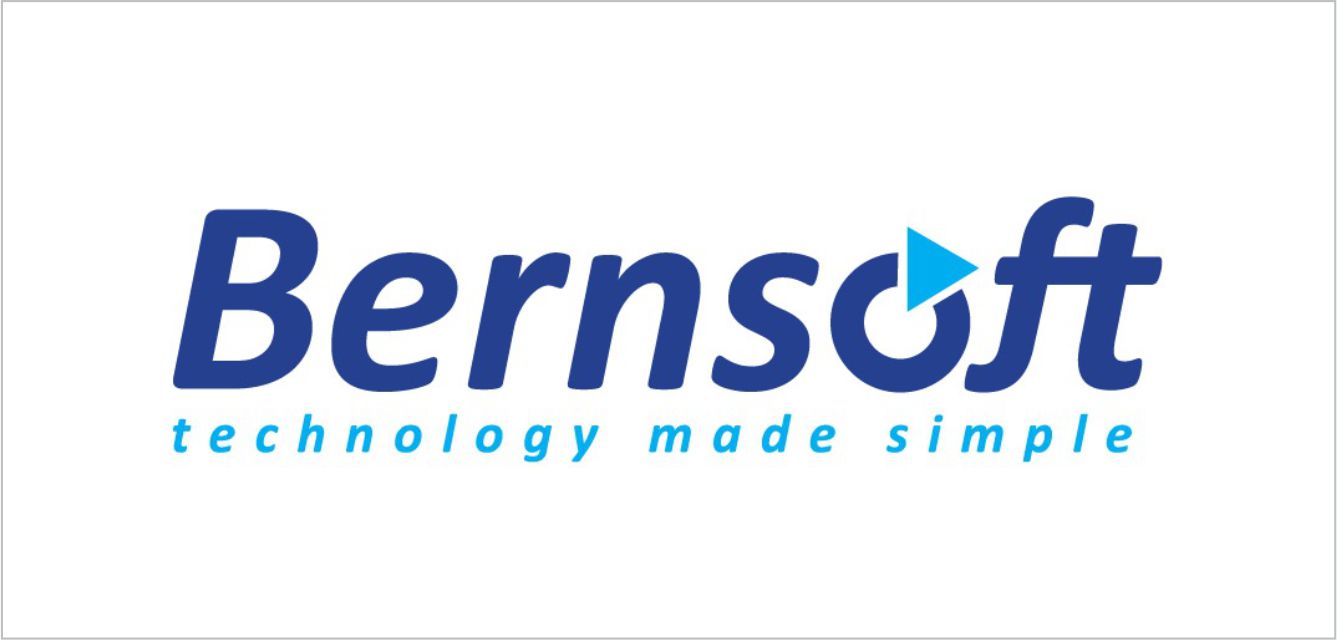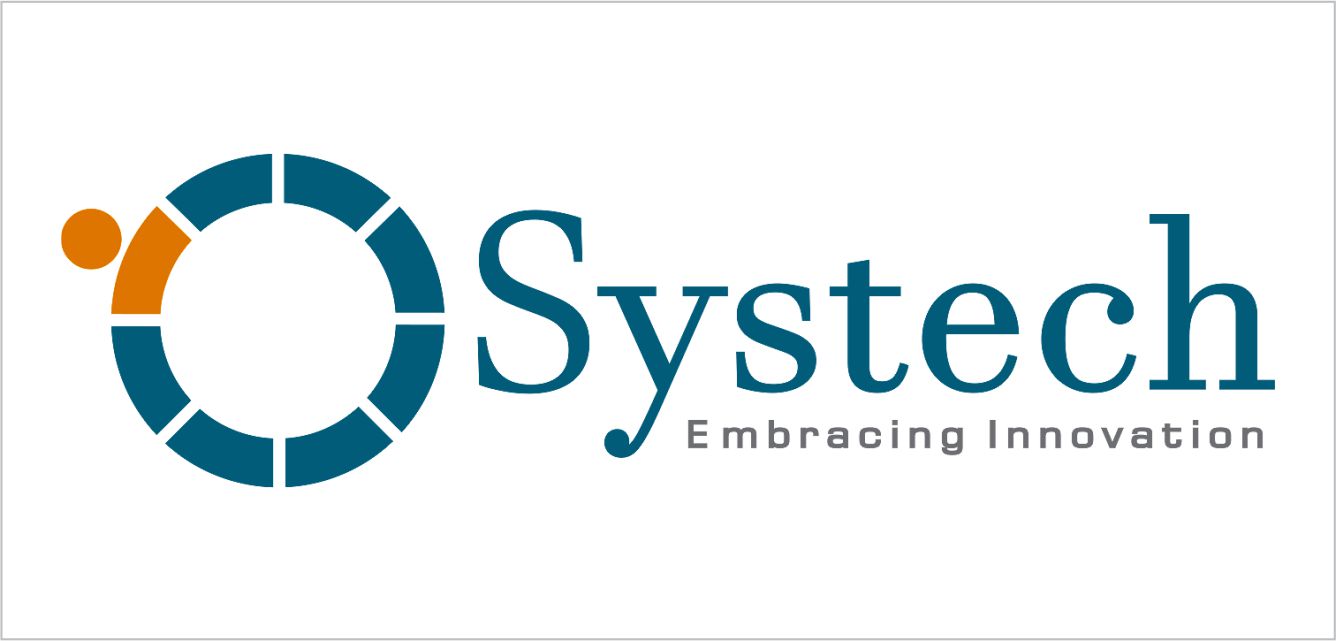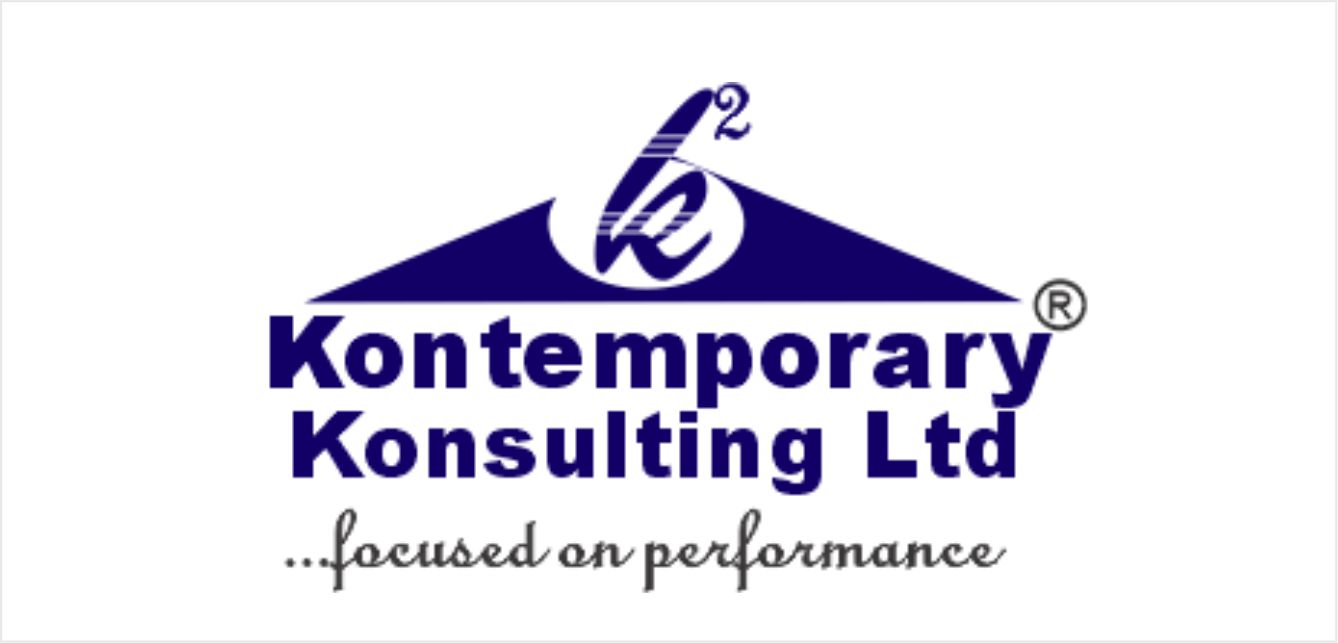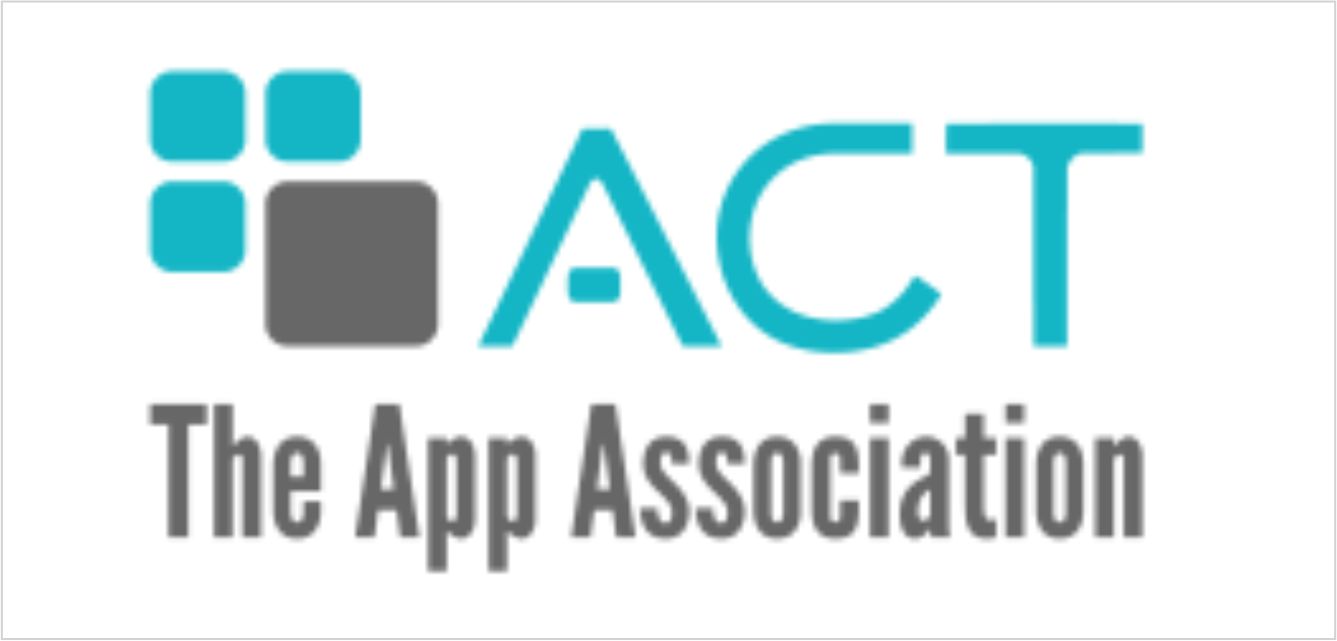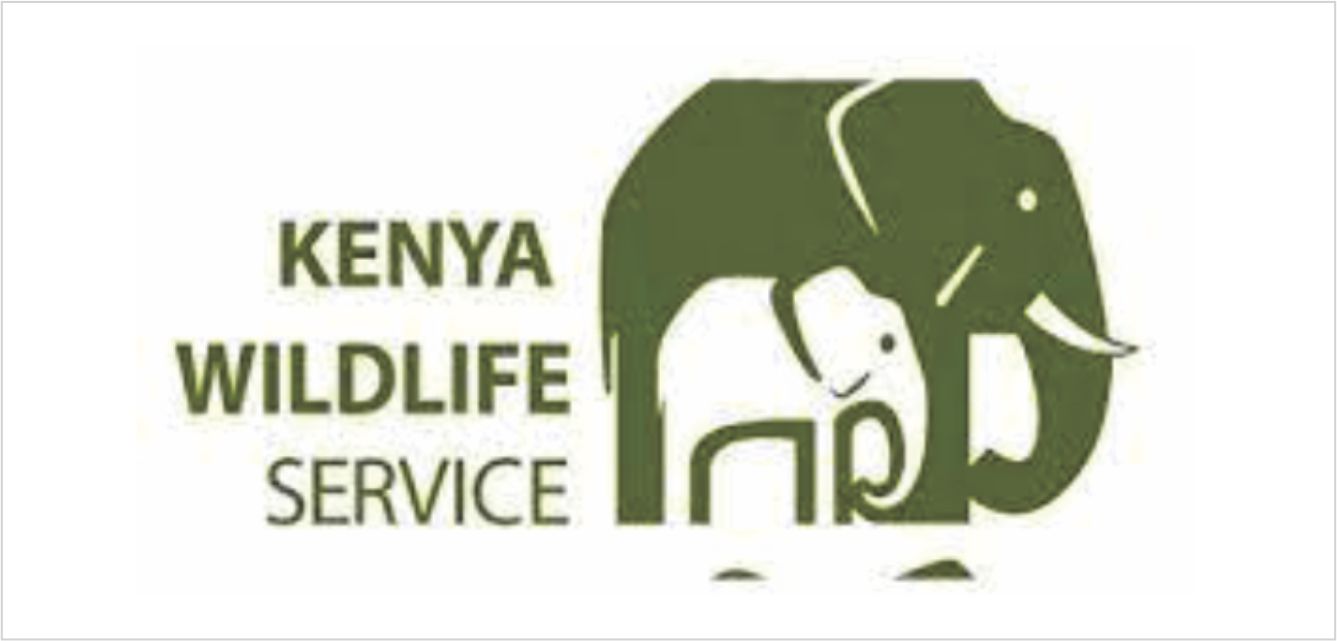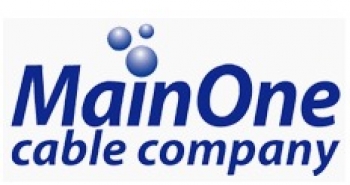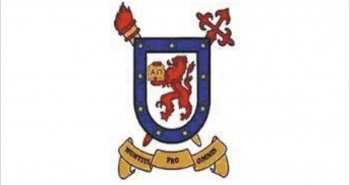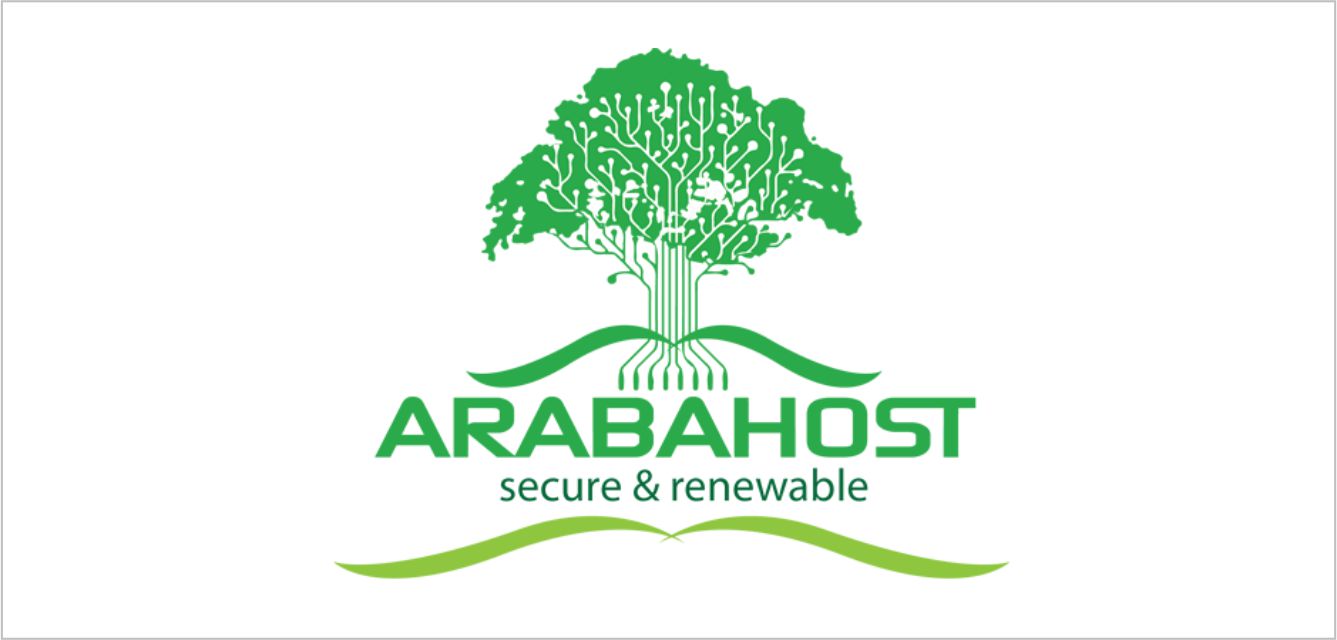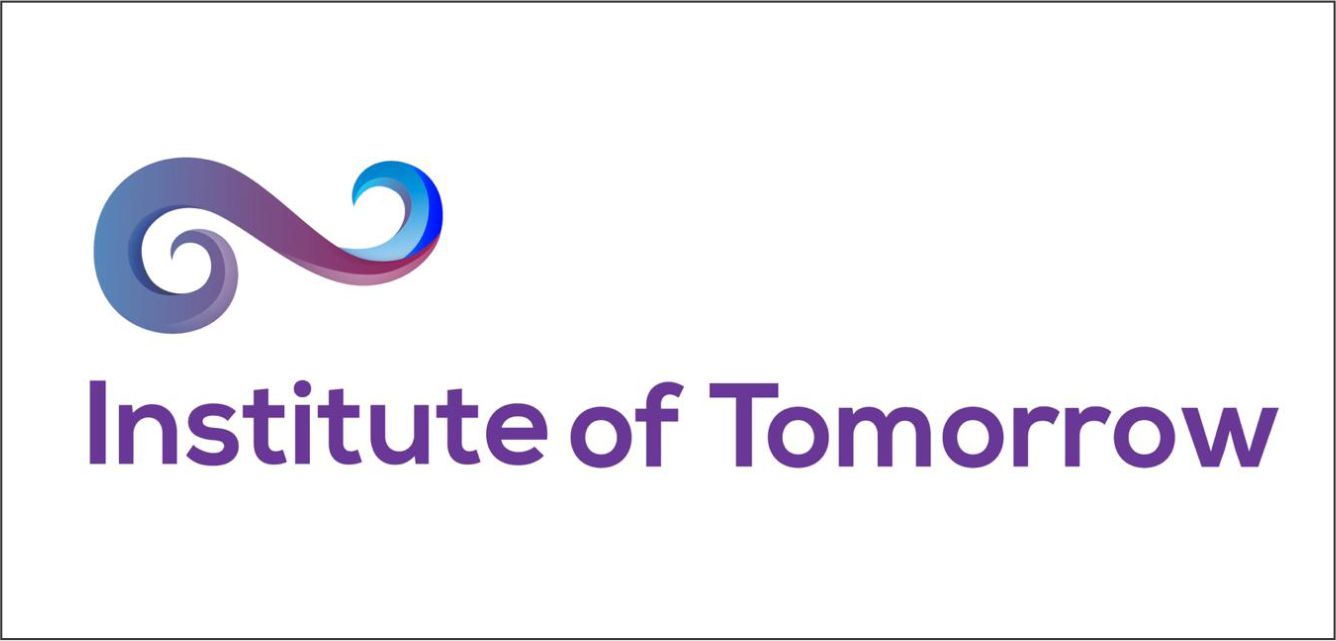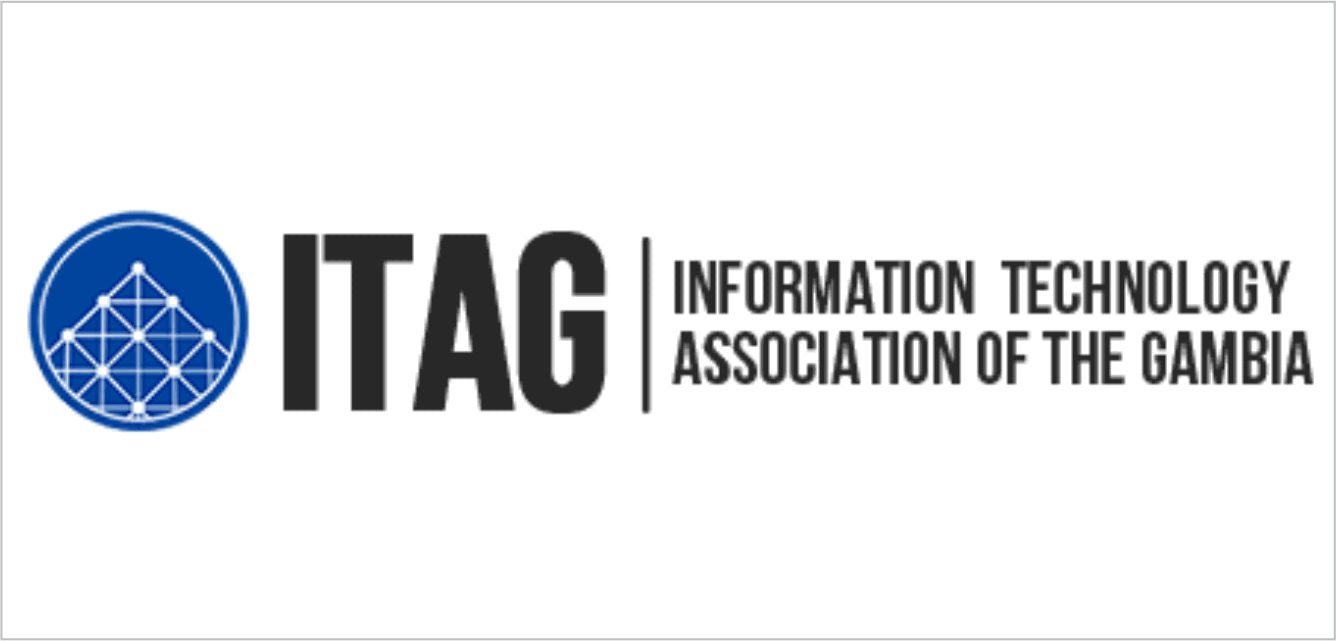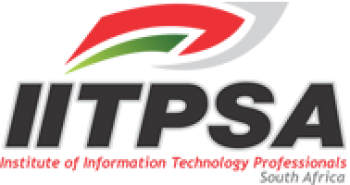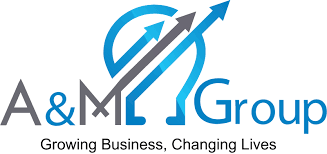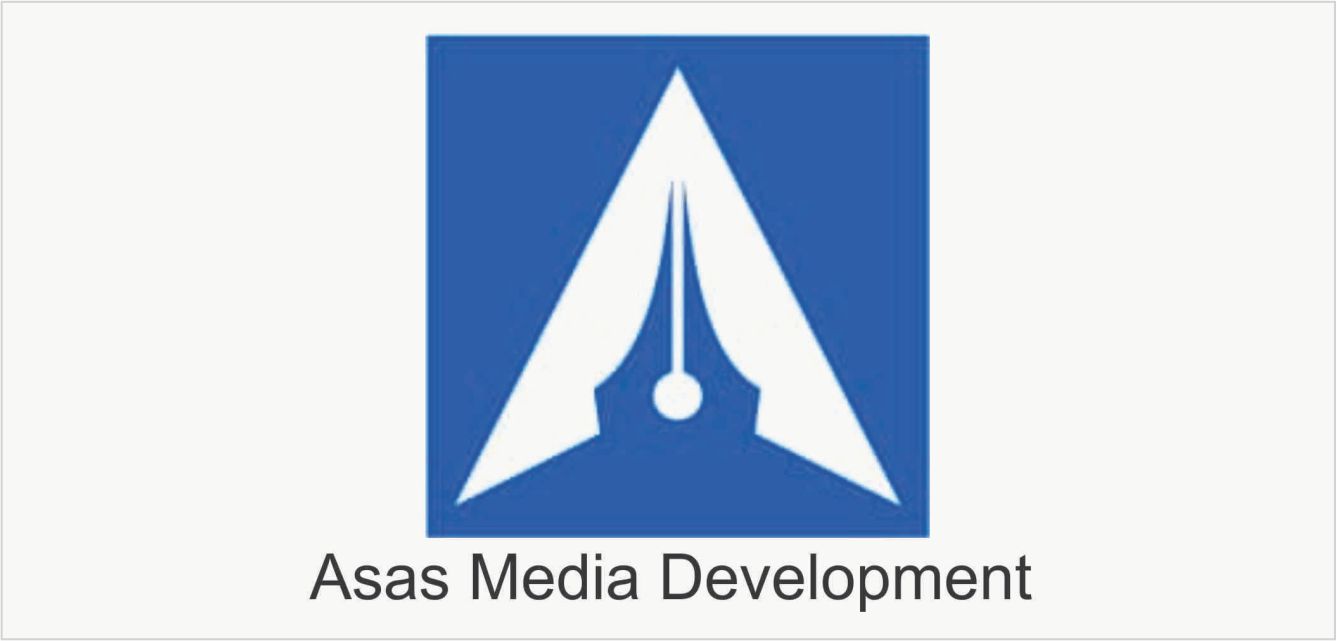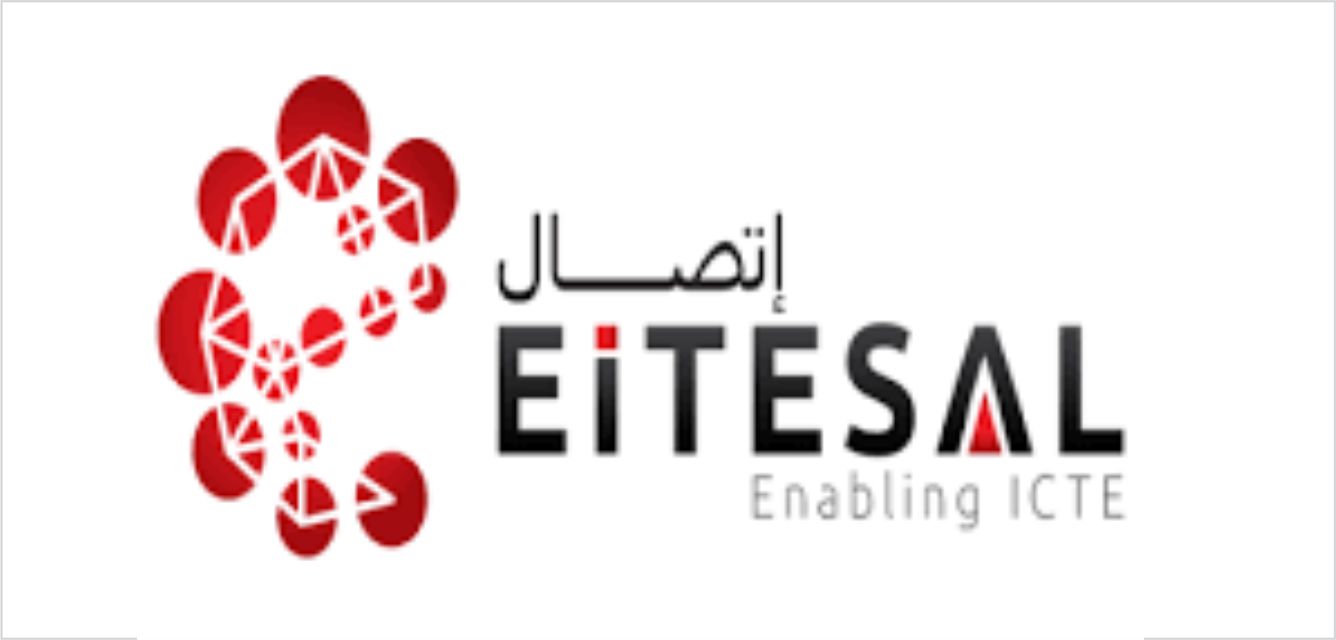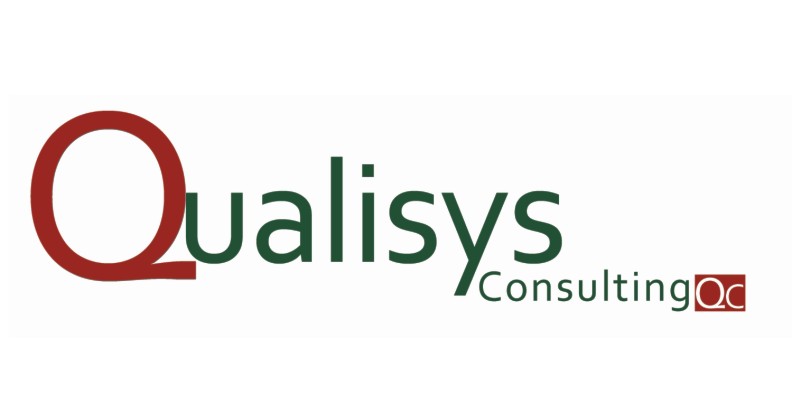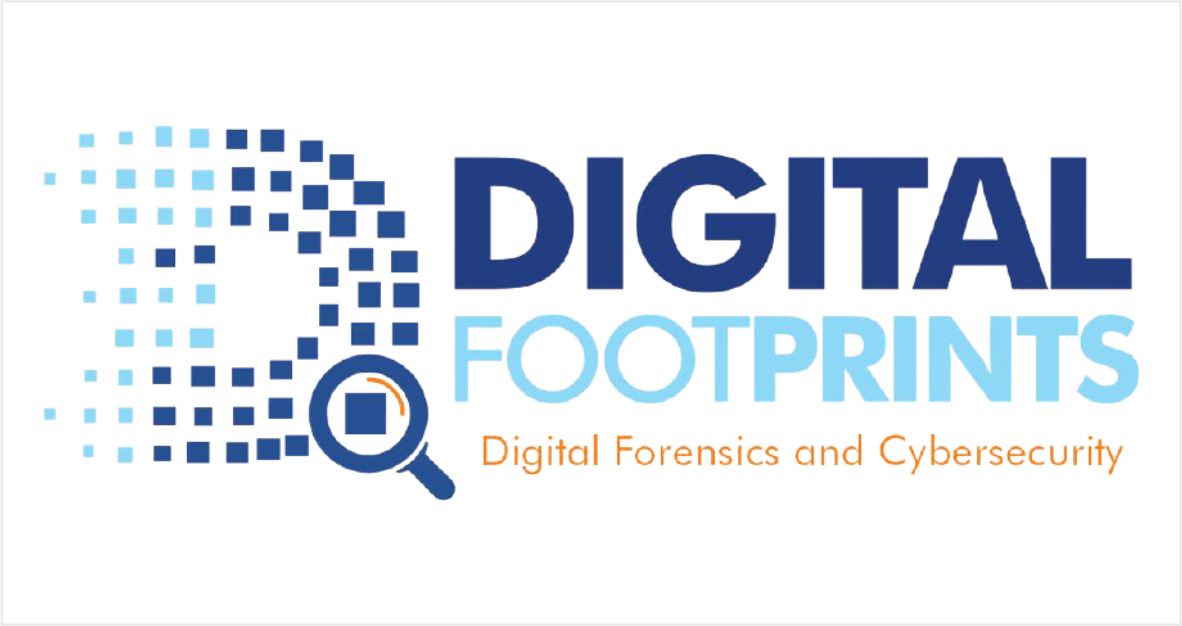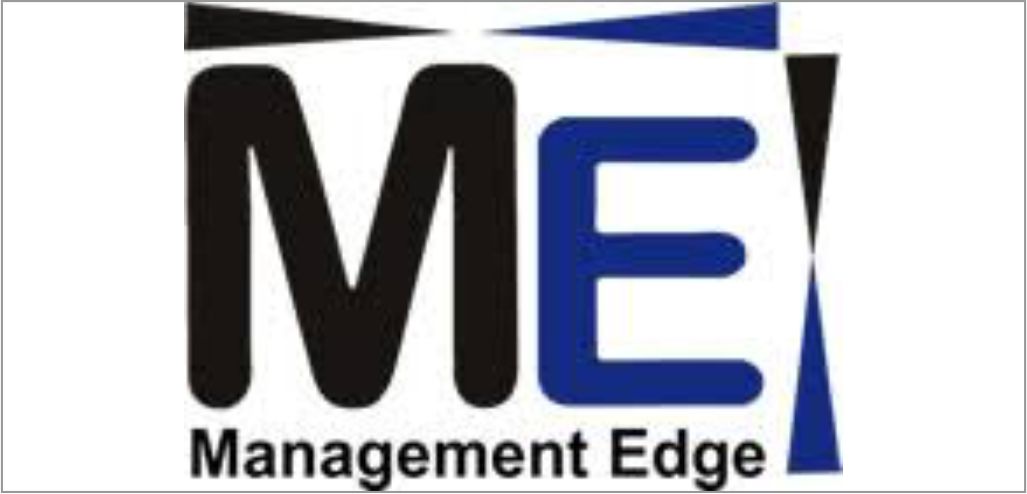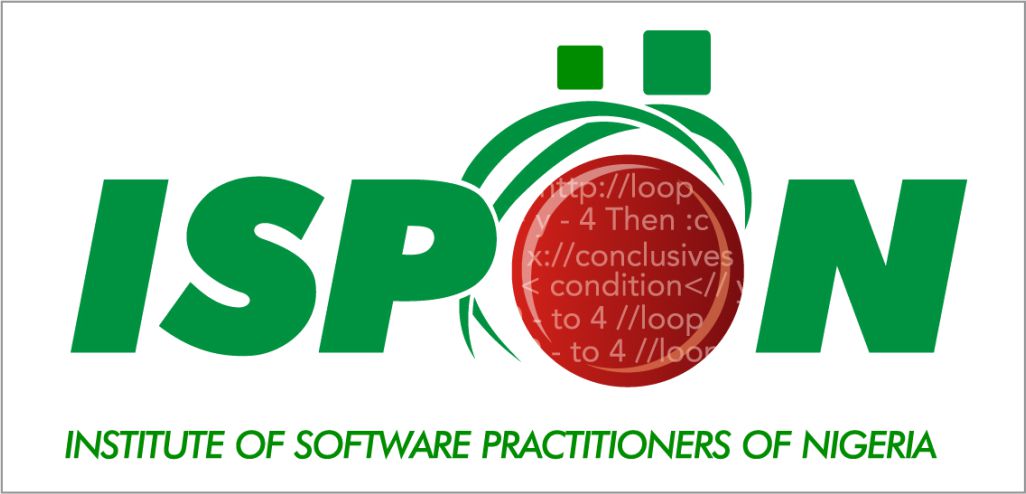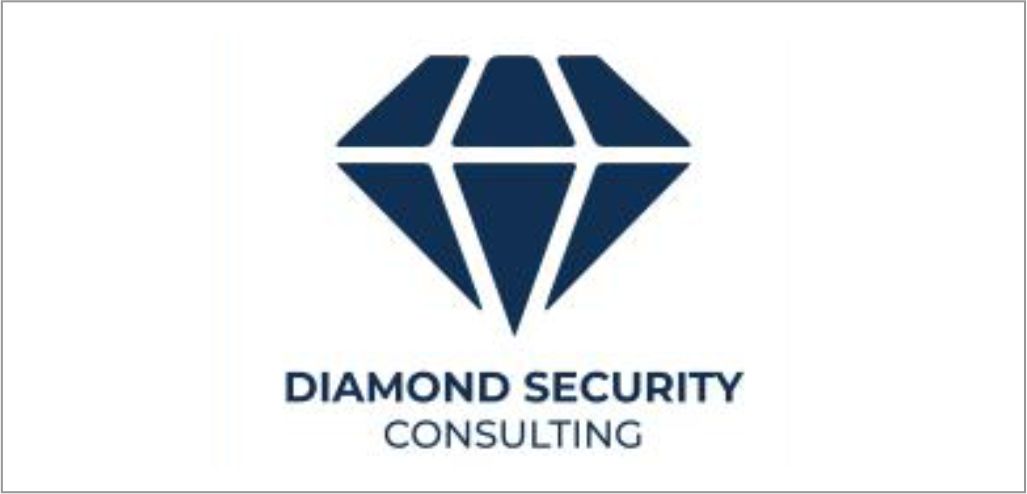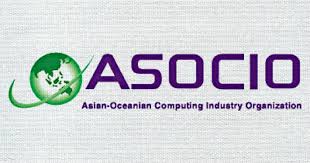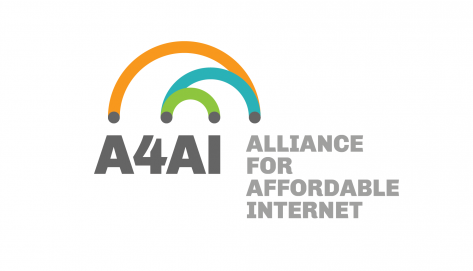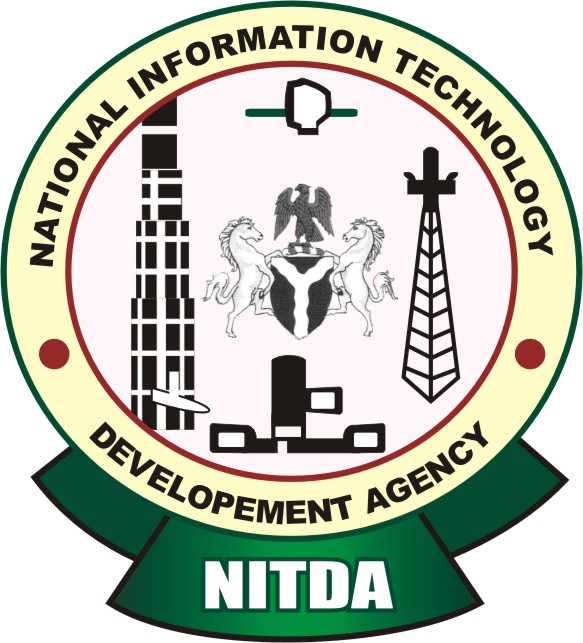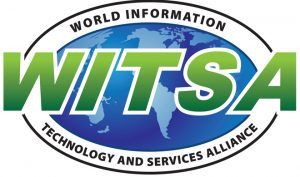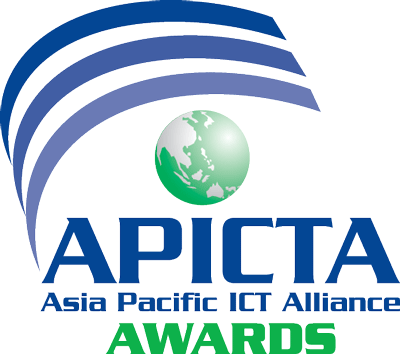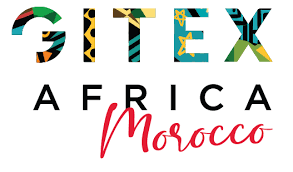


The Advisory Council Chair & Founder, AfICTA - Africa ICT Alliance, Dr. Jimson Olufuye alongside Ms. Christel Youbi, AfICTA Vice-Chair, Central Africa, and Mr. Kileo Yusuph, fmr. AfICTA Board Member, while presenting the Africa ICT Champion award to Dr. Mactar Seck, the Chief of Technology and Innovation Section / Coordinator of Digital Centre of Excellence at United Nations Economic Commission for Africa - UNECA, at the Opening Ceremony Session during the ongoing 13th Africa IGF Session in Addis Ababa, Ethiopia.
Dr. Mactar Seck emerged as the winner of the annual prestigious award alongside Mr Kashifu Inuwa Abudullahi, the Director General, National Information Technology Development Agency - NITDA (Nigeria), in 2023 through a nomination and election process that was conducted by AfICTA's Nominating Committee. The award was presented on behalf of the Board of AfICTA "in recognition of his sterling contribution to ICT-enabled growth and development in Africa".
While responding to the award presentation, Mr. Mactar Seck heartily appreciated AfICTA leadership and the delegation for the recognition and counted it a great honour to have received the special award. He hence dedicated the award to his team and the UNECA Executive Secretary for their unwavering support for his leadership.
For further information about our previous award winners and AfICTA - Africa ICT Alliance, do check https://aficta.africa/about-us/award-winners
 The Global Initiative on the Future of the Internet (GIFI), a project at the European University Institute in partnership with the European External Action Service and DG CONNECT at the European Commission, organized a session titled "GlobalDigitalCompact: What's next?" on Thursday, October 17, 2024. At the session, Oyeyemi Kayode, the Snr. Programme Officer, AfICTA - Africa ICT Alliance had the rare privilege to speak as the representative of the African Private Sector.
The Global Initiative on the Future of the Internet (GIFI), a project at the European University Institute in partnership with the European External Action Service and DG CONNECT at the European Commission, organized a session titled "GlobalDigitalCompact: What's next?" on Thursday, October 17, 2024. At the session, Oyeyemi Kayode, the Snr. Programme Officer, AfICTA - Africa ICT Alliance had the rare privilege to speak as the representative of the African Private Sector.
The session was moderated by Ms. Raquel Jorge Ricart, the Project Lead, GIFI, while a brief opening remark was delivered by Mr. David Ringrose, Head of Division, Connectivity and Digital Transition, European External Action Service. The presence of Mr. Filippo Pierozzi, Policy Officer, Office of the Secretary-General’s Envoy on Technology, United Nations, brightened the discussion as he provided brief background information about the GDC and talked about the opportunities derivable from the adopted framework and actions required towards its implementation.
Other co-Panelist at the event included Ms. Roxana Radu, Chair of the Global Internet Governance Academic, Network (GigaNet); Dr. Joanna Kulesza, Assistant Professor, University of Lodz; Dr. Chafic Chaya, Middle East Regional Manager for Public Policy and Government Affairs, RIPE; Mark Carvell, Independent Consultant on Internet Governance, EuroDIG.
Indeed, the Global Digital Compact (GDC) is set to reshape the digital landscape, emphasizing inclusivity, sustainability, and responsible governance in the digital era. It's amazing that from its draft to adoption, it followed a multi-stakeholder approach that ensured the consideration of diverse perspectives leading to more balanced, inclusive, and sustainable outcomes.
The framework provides a robust foundation for advancing connectivity, enhancing digital trust, promoting safety and digital rights, and fostering collaboration across sectors. It's a crucial step forward in ensuring digital transformation benefits everyone, especially in emerging economies like Nigeria and Africa.
The next step to the adoption of the GDC framework is implementation. Although the framework is not time-bound and not binding on any United Nations - UN Member States, it is expedient that the African continent with low realization of the Sustainable Development Goals - SDGs, handles the GDC with all sense of urgency to fast-track the realization of its Digital Agenda. The following were the recommendations provided for its swift realization.
- Focus on National Adaptation/Integration: Countries should consider integrating the GDC's recommendations into their national digital strategies. This may involve creating or updating policies to promote digital inclusion, improve digital literacy, and strengthen cybersecurity at the national level.
- Development of a Monitoring System: A framework for monitoring progress should be established to ensure accountability. The UN, in collaboration with relevant stakeholders, should set up mechanisms for tracking the impact of the Compact’s guidelines across countries and sectors by setting some KPIs - Key Performance Indicators.
- Improving Connectivity and Universal Access: is one of the major backbones of the GDC draft implementation. It ensures inclusive economic growth and equal opportunities for all to participate in the digital economy. Hence, it is recommended that relevant stakeholders with the strong support of the government should encourage infrastructural development by deploying the latest connectivity technologies (4G, 5G, etc) at affordable prices to the users, organizing digital literacy and skills programmes through public-private partnerships and work toward a fair regulatory framework.
- Capacity Development: Bridging the digital divide, Investment in digital skills, education, and infrastructure, particularly in developing regions, and ensuring that digital technologies are harnessed for sustainable development is crucial. AfICTA is already on several initiatives such as its Annual Summit and Quarterly eConferences with diverse topics including AI, Cybersecurity, data protection, and connectivity geared toward capacity development, policy advocacy, and awareness creation.
- Cybersecurity: The agenda highlighted the importance of addressing cybersecurity concerns, and ensuring the secure use of ICTs. When there is trust and safety, people would further adopt the application of digital solutions into their day-to-day activities which in turn would increase capacity, boost economy, and provide bigger opportunities for the people. IPv6 is the most recent version of the Internet Protocol (IP)that enhances cybersecurity and we recommend member nations switch from IPv4 as soon as possible to ensure safety online.
- Global & Regional Cooperation: Governments, civil society, the private sector, and other stakeholders involved must collaborate to implement the principles and commitments outlined in the Compact. Collaboration between countries, especially through regional bodies such as the African Union, AU; and the European Union, EU, can facilitate shared strategies. AfICTA can play a role in coordinating efforts across African nations.
- Funding and Investment: Financial support from international financial institutions like the World Bank, and development aid organizations along with investments from the private sector, will be crucial to developing infrastructure and expanding digital access.
- As part of the strategy to follow up with the GDC framework, there is a requirement to set up a GDC Office at the UN HQ in New York, AfICTA supports the initiative in as much as all stakeholders are carried along. Mr. Filippo clarified that the process would adopt the multi-stakeholder approach and ensure equity.
Exciting times ahead for digital innovation and global cooperation! A big thank you to AfICTA leadership, Dr. Jimson Olufuye, and Ms. Ulandi Exner for the rare opportunity.

 Prof. Latif Ladid, Founder and President, IPv6 FORUM www.ip6forum.org,
Prof. Latif Ladid, Founder and President, IPv6 FORUM www.ip6forum.org,
* Emeritus Trustee, Internet Society www.isoc.org.
* Founding Co-Chair, IEEE Future Networks World Forum 2024 https://fnwf2024.ieee.org/
* Board Chair IPv6 Ready Logo Program https://www.ipv6ready.org/
* Board Chair, IPv6 Education Program: https://education.ipv6forum.com/
* Member of 3GPP PCG (Board) www.3gpp.org
* Former Co-Chair, IEEE Blockchain World Forum
* Former Chair, IEEE IoT World Forum
* Former Chair, ETSI IPv6 Industry Specification Group
* Former Founder of the EU Public Safety Forum from an EU Project called u2020.
* Former Member of UN Strategy Council Member of Future Internet Forum EU Member States (representing Luxembourg).
* Founder of EU Public Safety Forum
* Former Research Fellow @ University of Luxembourg ( since 2006) on multiple European Commission Next Generation Technologies Projects.
* IPv6 Forum Internet Pioneer Award, 2002, IPv6 Life Time Achievement Award, 2016.

The Summit of the Future: A Hope for the Future - Jimson Olufuye & Tigist Awoke Wubneh
The Summit of the Future (SotF) was held at the United Nations Headquarters in New York on September 22-23, 2024. World leaders in the presence of leaders of other stakeholders from the private sector, the civil society, the academic/technical communities and the youths endorsed a landmark Pact for the Future of mankind.
The Pact for the Future (P4F) (A/RES/79/1) was a significant, consensus driven but non-binding document agreed to by World leaders specifically on September 22, 2024 to move humanity to closer cooperation on all issues to foster peace, human rights, prosperity, security, understanding, gendre equality, environment sustainability and hope for the future generations. Unlike the World Summit on Information Society (WSIS) of the 2003 and 2005, the preparations towards the Summit of the Future was inclusive as it built on the inclusive multi-stakeholder gains emanating from the WSIS that have seen improvements in the prosperity of our world with the roles of other stakeholders such as the private sector, the civil society and the technical and academic communities recognized and strengthened in the spirit of enhancing the quality of life for the more than 8 billion inhabitants of our planet.
We commend the proactive initiatives of the Secretary-General of the United Nations, Mr. António Guterres and his team for evolving the new paradigm of digital cooperation after the deadlock on the WSIS Tunis Agenda 2005 track on Enhanced Cooperation on international public policy matters pertaining to the Internet. As the Commission for Science and Technology for Development Working Group on Enhanced Cooperation could not produce a consensus report after four years of strenuous debate in Geneva (2014-2018), by July 2018, the Secretary General convened a high-level panel on Digital Cooperation chaired by Melinda Gates and Jack Ma with Vint Cert and 17 others as members. The panel produced its report, the Age of Digital Interdependence in June 2019 with recommendations on improving digital cooperation. Following the report, the Secretary-General on June 11, 2020 presented his own report, the Roadmap to Digital Cooperation based on inputs from over 100 countries with multi-stakeholder participation. In response to the UN General Assembly in its UN75 declaration in September 2020, the Secretary-General in September 2021 released his ”Our Common Agenda report” proposing the convening of the Summit of the Future for September 2024 during the 79th General Assembly. Two Co-Facilitators were appointed to take input from all stakeholders. The process saw the UN Economic Commission for Africa (UNECA) consulting with all stakeholders in Africa and it was pleasing that the African private sector views represented by the Africa ICT Alliance - AfICTA, were considered especially on the Global Digital Compact (GDC).
As a matter of fact, the Summit of the Future agreement consists of three documents, namely, the Pact for the Future (the main Document), the Global Digital Compact and the Declaration on Future Generations (as annexes). The focus on multilateralism to achieving the Pact of the Future agreement, we believe is the final resolution of the WSIS Tunis Agenda track two resolution on “Enhanced Cooperation” for governments on an equal footing to address international public policy issues on the Internet notwithstanding that the United States had devolved its oversight stewardship of the Internet Corporation for Assigned Names and Numbers (ICANN)/ Internet Assigned Number Authority (IANA) functions to the global community on October 1, 2016.
However, the Global Digital Compact emphasis is on multi-stakeholder engagement in the use of digital technologies to accelerate the achievement of the sustainable development goals 2030 while bridging the digital divides and ensuring that digital technologies such as Artificial Intelligence serve the common good. Of note were two Action days (September 20-21) specially dedicated to enhancing youth participation prior to the Summit.
The declaration on the future generation is a commitment to including the youths in the management of global affairs going forward. This is one very commendable initiative of the world leaders and it is good to see some countries (e.g. Nigeria) already convening special summits for Youth engagement.
In summary, the Pact of the future document has 5 themes (namely Sustainable development and financing for development, International peace and security, Science, technology and innovation and digital cooperation, Youth and future generations, and Transforming global governance); and 56 Action points. The Annex I document - Global Digital Compact, has the goal for “an inclusive, open, sustainable, fair, safe and secure digital future for all”. It consists of 5 objectives (viz-a-viz Close all digital divides and accelerate progress across the Sustainable Development Goals; Expand inclusion in and benefits from the digital economy for all; Foster an inclusive, open, safe and secure digital space that respects, protects and promote human rights; Advance responsible, equitable and interoperable data governance approaches; Enhance international governance of artificial intelligence for the benefit of humanity), 13 principles, and 66 commitments and actions to be undertaken by government with active participation of all stakeholders including the private sector, the civil society, the technical and academic communities. The Annex II document - Declaration on the Future Generations, has 10 Guiding Principles and 13 Commitments and 9 Action points.
Indeed, the Pact, commitments and declaration are lofty and again commendable but are they realizable? If going by the way many developing and least developed countries (DLDG) are handling the sustainable development goals and the run-up consultations to the Summit of the Future, we are of the opinion that the SDGs may be missed and resources earmarked for its realization may be misappropriated. Here are our reasons for the skeptism: 1. the agreement is non-binding and there may be no sense of compulsion to take it seriously, 2. Many DLDG do not yet have a culture of working with all their non-state actors in the private sector, civil society, technical and academic communities and as such may not utilize all their capabilities for accelerated development. In some climes, the huge potential of women and girls to contribute meaningfully are untapped, 3. the agreement does not include recommendation for processes (such as independent audits) that encourage probity and accountability in the management of financial resources.
Finally, the pact for the future is a pact for hope and it is a hope we hope would not be deflected. While government has done its bits, the call is for other stakeholders to creatively engage for the commitments and actions proclaimed to become milestones for celebrations in the foreseeable and not too distant future.
Dr Jimson Olufuye & Ms Tigist Awoke Wubneh were AfICTA delegates to the Summit of the Future, New York, September 2024.

